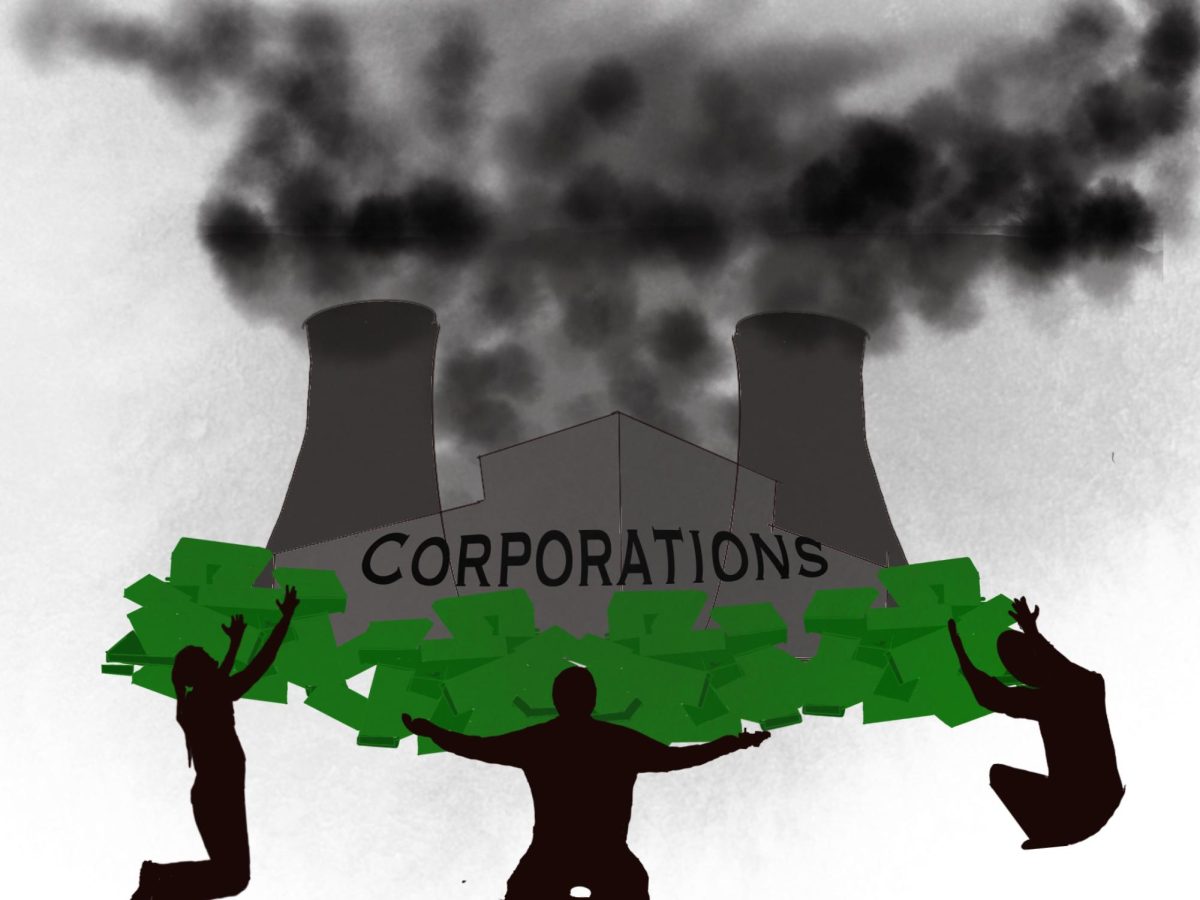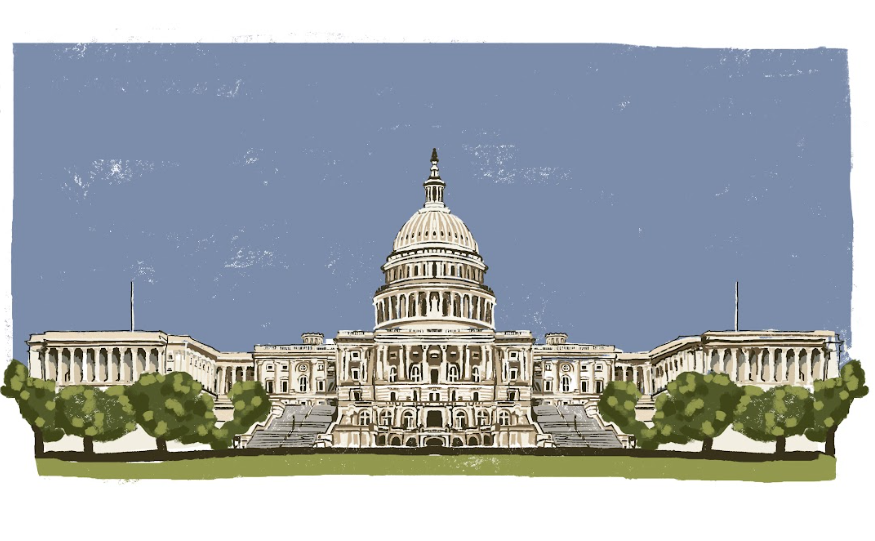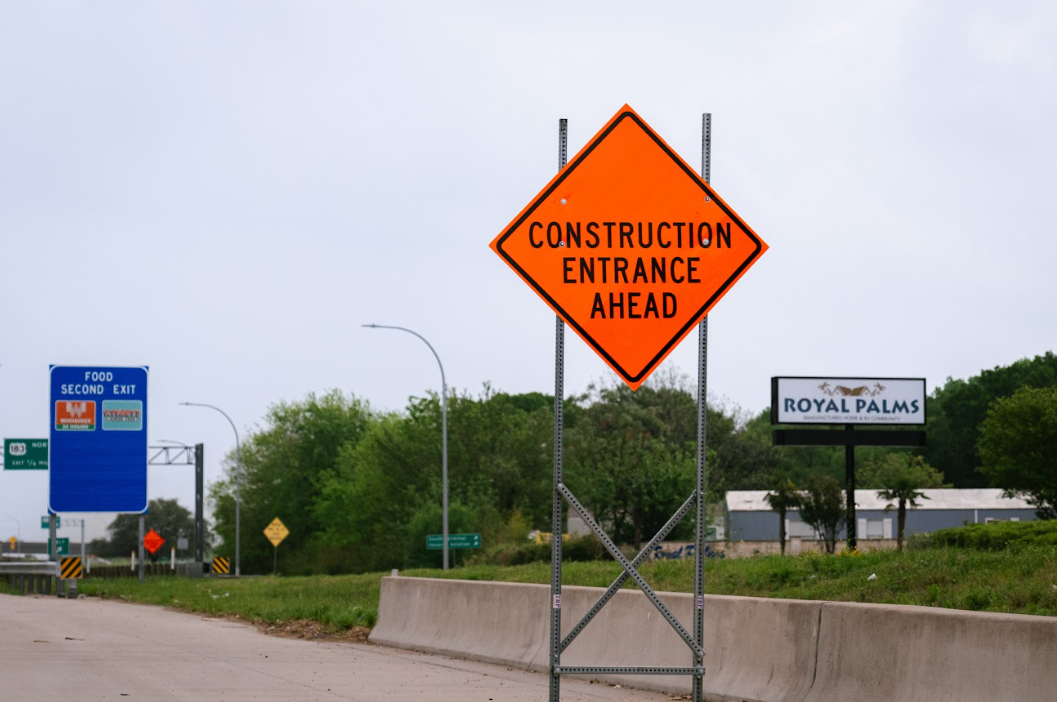Texas has been growing at an alarming rate since 2010, and the retail landscape that has come along with the population growth is significant, to say the least. The change in consumerism and changes in trends and consumer behavior have affected Texas in various ways, specifically in the Hill Country.
It was recently announced that a Mexico-based company, CB Wine Tourism, purchased 218 acres of land between Fredericksburg and Johnson City. They plan to build a luxury private estate development, including high-end amenities like vineyards, a boutique hotel, music festivals, spa resorts, parks and luxurious restaurants. CB Wine Tourism plans to begin construction for this project in late 2024.
This announcement was met with very negative remarks online, with many locals and other Texans disappointed that the Hill Country is being transformed into a tourist zone. Many people expressed concerns about the traffic, local businesses and negative environmental impacts. CB Wine Tourism believes that this development will draw in families looking for more space and a quieter lifestyle, but most people are not impressed by this development.
In hindsight, this is not going to be a great development for Texas. This is going to be awful for the environment, as it is going to increase resource consumption, waste generation and overall pollution. The housing market is also going to be affected as single-family homes that are larger for wealthy vacationers will become a more popular build, eventually saturating the market. Small local businesses are also likely to be run off by these larger corporations buying out land in the Hill Country.
Texans have been granted less and less in every development by large, greedy corporations. The resources that we allow these companies to exploit with only profit in mind have completely destroyed many of Texas’ natural resources already. The short-term profit that these companies are focused on is not going to have as much of a positive effect on Texas’ economy as many people think. The production of these goods and services has a limited lifespan, and this will only lead to increased waste as products are replaced frequently.
The environmental costs of capitalism are not worth it. Marginalized communities surrounding these large corporate developments will likely feel a greater burden of environmental degradation, while the smaller focus has nothing to show. Local and state governments’ support of these expansions and lack of regulation is going to cause a quick decline in our environment and negative impacts on consumer culture for those living long-term in these areas.
Corporations need to take more responsibility and have stronger environmental regulations. Creating a shift towards more sustainable and circular economic models can be the first step to a better relationship between the economy and the environment. Consumers must create a balance between economic growth and environmental sustainability to move forward.











